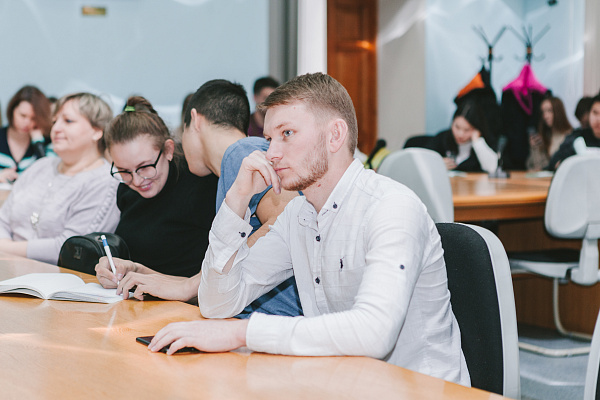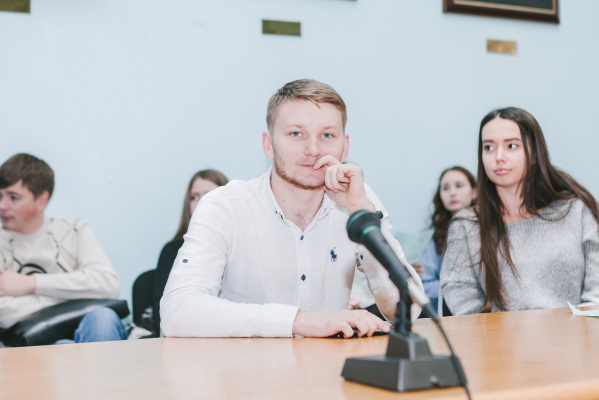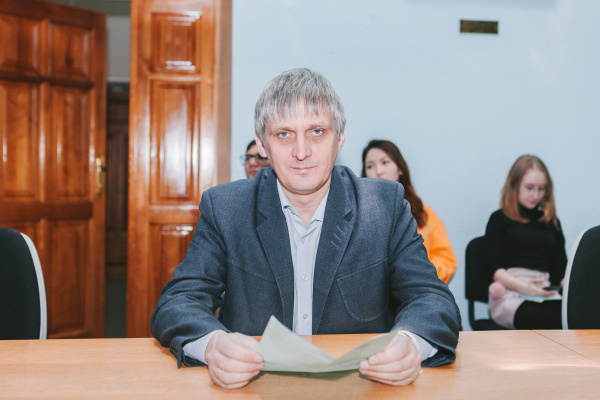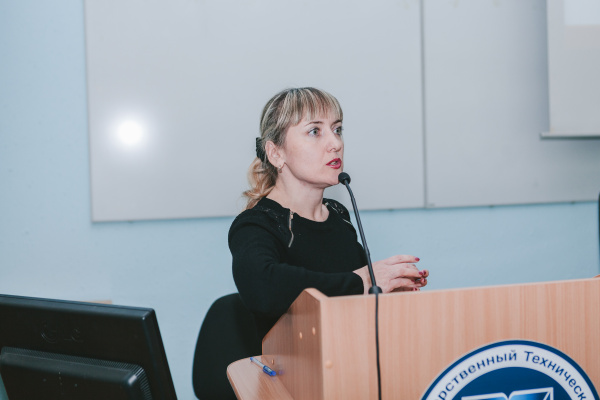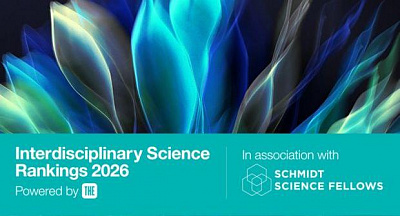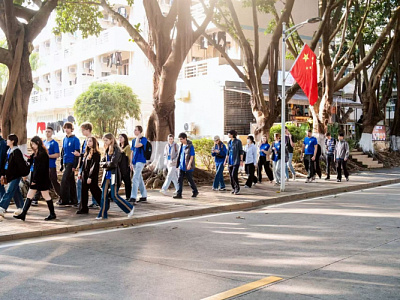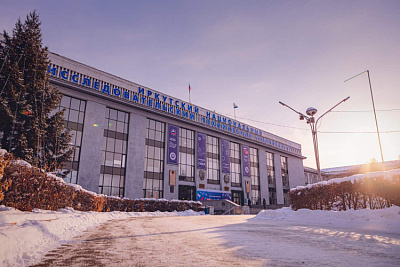The issues of management of production and innovation systems were discussed at the All-Russian conference at INRTU
The All-Russian Scientific and Practical Conference „Problems of Management of Production and Innovation Systems“ was held at INRTU on November 20, 2021. The event was organized by the Department of Management of INRTU.
The participants prepared about 20 reports. The conference program included the sections „Project approach and current methods of effective enterprise management“, „Experience in the development of innovative production. Diverse of modern entrepreneurship“.
The head of the Department of Management Maria Berezhnykh opened the forum. She stressed that the conference gives the participants the opportunity to present the results of their scientific, project and teaching activities.
The first speaker at the plenary session was Tatyana Vyrupaeva — head of the scientific and educational laboratory for managing organizational changes of the Department of Management of the Siberian Federal University (Siberian Federal University, Krasnoyarsk). She devoted her speech to the peculiarities of team building for project activities.
The expert presented an analysis of the design activities of organizations in Krasnoyarsk. According to her, in 2018-2019, only 30% of projects became successful, 15% were recognized as failures, the rest faced various problems. The reason for this is not a lack of time and resources, but a lack of team cohesion, ineffective communications (conflicts), an insufficient level of competence of participants, which leads to evasion of responsibility and low quality of work performed in the project.
If we make a comparative analysis of the concept of „Project“ in Russian and international standards, then the difference in content is obvious. Particular attention is paid abroad to the team, the human resource. For example, a project in Japan involves an effort to create value based on a mission. According to the British standard, a project is a unique set of coordinated actions. In our country, a project is „a set of interrelated activities aimed at creating a unique product or service in conditions of time and resource constraints.“ — says Tatyana.
We need to understand well the difference between a working group and a team. Uniting highly professional people is not a team yet. Having recruited a working group to solve specific problems, the project manager must make a great effort and bring this group to the desired level. The most key feature of a team is the synergistic effect that results from the interaction of all participants.
At the plenary session, Associate Professor Vitaly Ruposov made a presentation on the topic „Opportunities for students of economic specialties in the implementation of project training.“ The study of the entrepreneurial consciousness of students was presented by Associate Professor Irina Osipova.
Vladislav Stepanov, a third-year student, said that one study group of managers at the department focuses on the electric power industry, and the second — on the oil and gas direction.
My report is devoted to the problems of attracting students to scientific communities. Not all guys want to work in scientific teams, innovation societies and design bureaus. They often do not understand what benefits and additional competencies they can receive. This is what I want to talk about in my speech.
From the first year I have been studying in the student society „Technology Commercialization“, which is headed by Vitaly Leonidovich Ruposov. We develop innovative projects for companies, create databases. It was interesting for us to work on a dynamic chess project. To attract young people to reading, our team came up with an initiative to hold a „Night at the Library“ in Irkutsk. Now we are looking closely at first-year students in order to interest them in their work in the scientific community, pass on their experience and ensure the continuity of our endeavors“, noted Vladislav Stepanov.
Foreign graduate students took part in the conference. The stages of development of government measures to support industrial enterprises were presented by graduate student Yang Zeping, and Shi Shengyang reported on the key trends in the development of a corporate governance model based on the example of China. Chinese graduate students are conducting research work under the guidance of Professor Galina Beregova.
